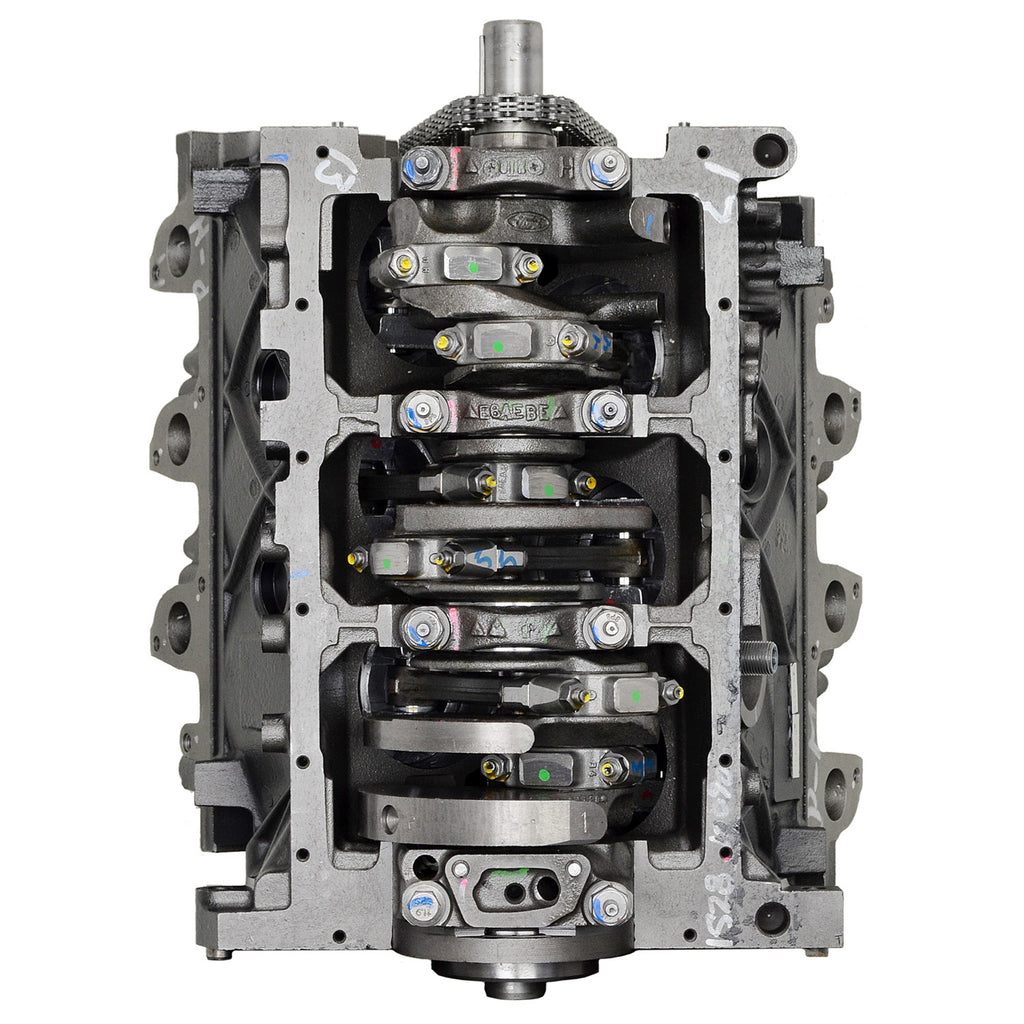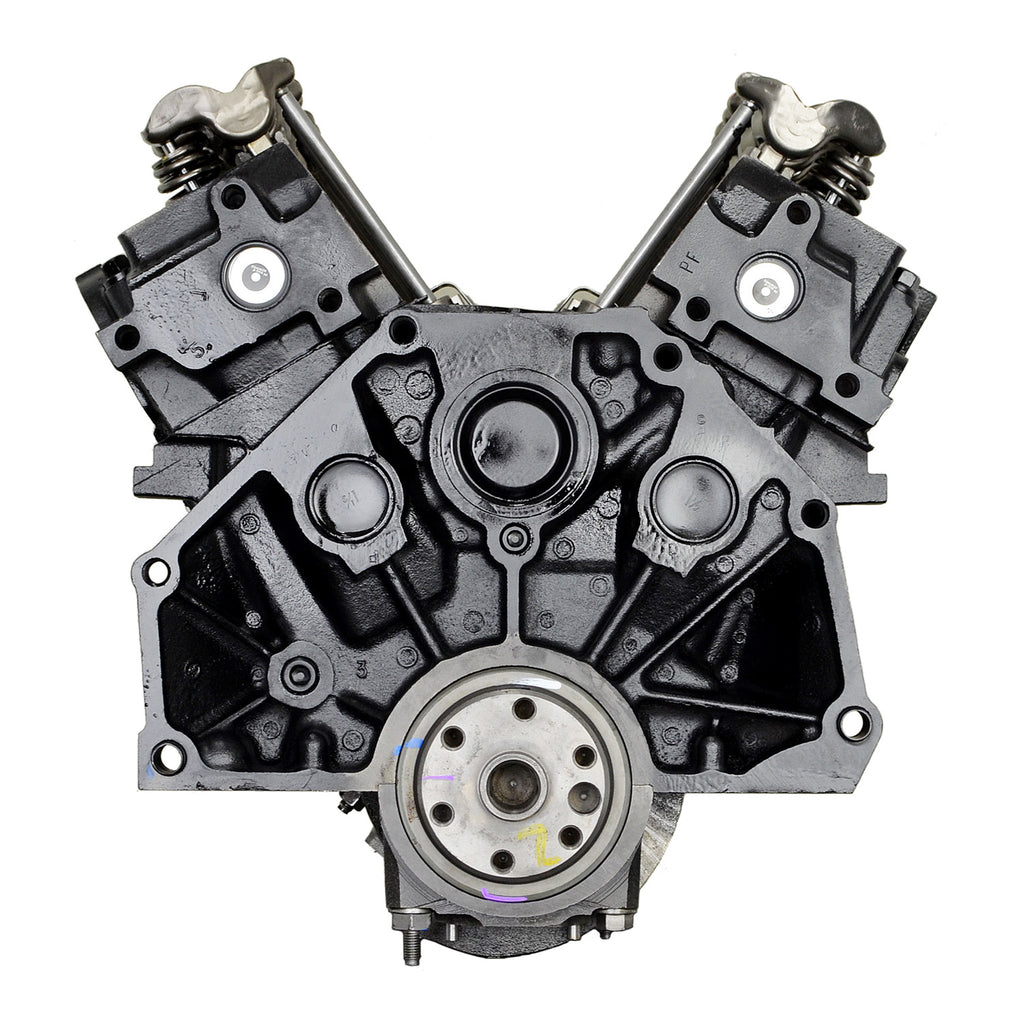Why the 2.2 Ford Ranger Engine Is a Popular Choice for Rugged and Reliable Performance
Why the 2.2 Ford Ranger Engine Is a Popular Choice for Rugged and Reliable Performance
Blog Article
What Makes a Car Engine Run Smoothly: Leading Tips for Optimal Care
The smooth operation of a vehicle engine is basic to both efficiency and durability, making optimum treatment an important duty for vehicle proprietors. Key techniques, such as routine oil modifications, keeping coolant degrees, and monitoring air filters, are essential yet commonly neglected. The importance of checking trigger plugs and guaranteeing appropriate tire pressure can not be downplayed. Understanding just how these components interconnect can enhance not only the efficiency of your lorry but likewise your general driving experience. What details actions should you focus on to ensure your engine remains in peak problem?
Routine Oil Changes
One of the most important elements of auto upkeep is ensuring your engine obtains regular oil modifications. Engine oil lubricates internal elements, decreases friction, and helps keep optimal operating temperatures. In time, oil degrades due to warmth, pollutants, and the all-natural byproducts of burning, resulting in reduced efficiency and possible engine damage.
Most makers recommend altering the oil every 5,000 to 7,500 miles, but this period can vary based upon driving problems and oil kind. Synthetic oils may allow for longer periods between modifications. Normal oil adjustments not just enhance engine efficiency however likewise improve fuel performance, as tidy oil promotes smoother operation.
Overlooking oil changes can result in sludge build-up, which harms circulation and can result in extreme engine problems. It is vital to inspect oil degrees routinely and keep track of for any kind of uncommon changes in color or uniformity, which can show contamination or destruction.

Preserving Coolant Degrees
Keeping correct coolant levels is important for avoiding engine getting too hot and making sure optimal efficiency. The coolant, typically a combination of water and antifreeze, circulates with the engine, taking in warmth and avoiding thermal stress and anxiety. Not enough coolant can result in raised engine temperature levels, which may create extreme damage or also complete engine failing.
To preserve ideal coolant levels, frequently inspect the coolant tank, typically located in the engine bay. Make certain the coolant is loaded to the suggested mark, as indicated in your vehicle's proprietor handbook. It is recommended to inspect the degrees at least when a month or in the past long trips, particularly during severe weather condition problems.
If you see that the coolant degree is constantly reduced, there might be a leak in the air conditioning system, which ought to be dealt with promptly to stop additional complications. 2.2 ford ranger engine. Additionally, purging the coolant system every a couple of years can assist remove any type of accumulated particles and ensure reliable heat exchange
Monitoring Air Filters

It is suggested to examine the air filter every 12,000 to 15,000 miles, or a lot more often if driving in negative or messy conditions. A straightforward aesthetic inspection can often disclose whether the filter is filthy or damaged. If the filter appears discolored or has noticeable dirt buildup, it needs to be changed quickly.
Utilizing a top notch air filter designed for your certain lorry design can better enhance engine performance. Furthermore, some vehicles might take advantage of multiple-use filters that can be cleansed and re-installed, offering a eco pleasant and economical choice.
Inspecting Spark Plugs
Ignition system are important parts of an automobile's ignition system, directly influencing engine efficiency and effectiveness. They produce the trigger that stirs up the air-fuel combination in the burning chamber, facilitating the engine's power generation. Normal examination of trigger plugs is important for maintaining optimal engine feature and preventing potential concerns.
During an inspection, seek signs of wear or damage, such as cracks, carbon buildup, or excessive space widening. A healthy and balanced ignition system commonly exhibits a light brown or tan color. Dark soot or oil down payments can show improper combustion, while a raw or white look may recommend getting too hot. Both conditions require immediate interest to avoid further engine damages.
It's suggested to evaluate stimulate plugs every 30,000 miles, or as suggested in your vehicle's proprietor handbook. Additionally, consider replacing them according to the producer's standards, as have a peek at this site worn or old ignition system can lead to misfires, reduced gas effectiveness, and boosted emissions.
Monitoring Tire Stress
Making sure correct tire pressure is a crucial facet of vehicle safety and efficiency. Under-inflated tires can bring about reduced gas performance, increased tire wear, and compromised handling. Conversely, over-inflated tires can minimize traction and enhance the risk of blowouts. Consequently, regular tracking of tire stress is vital for optimal vehicle procedure.
Tire stress should be checked a minimum of when a month and before lengthy trips. Use a reliable tire pressure gauge to determine the stress when the tires are cool, preferably prior to the vehicle has actually been driven for at the very least 3 hours. Refer to the lorry's owner manual or the placard located on the motorist's side door jamb for the supplier's suggested pressure levels.
It is necessary to keep in mind that tire stress can vary with changes in temperature level; a decrease of 10 ° F can lead to a 1-2 psi reduction in stress. Furthermore, check my reference visually inspect tires for any signs of wear or damages during your surveillance routine. Keeping correct tire pressure not just improves automobile security however additionally enhances fuel performance and lengthens tire life, eventually adding to a smoother engine efficiency.
Verdict
In verdict, maintaining a car engine's smooth operation needs diligent focus to several essential aspects. Inevitably, a proactive approach to engine care is crucial for ensuring dependability and performance over time.
One of the most important elements of automobile maintenance is guaranteeing your engine receives normal oil changes. Engine oil lubes inner elements, decreases friction, and aids preserve optimal operating temperature levels. Routine oil changes not just enhance engine performance but additionally improve fuel performance, as clean oil advertises smoother operation.
Insufficient coolant can lead to raised engine temperatures, which may cause severe damages or also overall engine failure.

Report this page